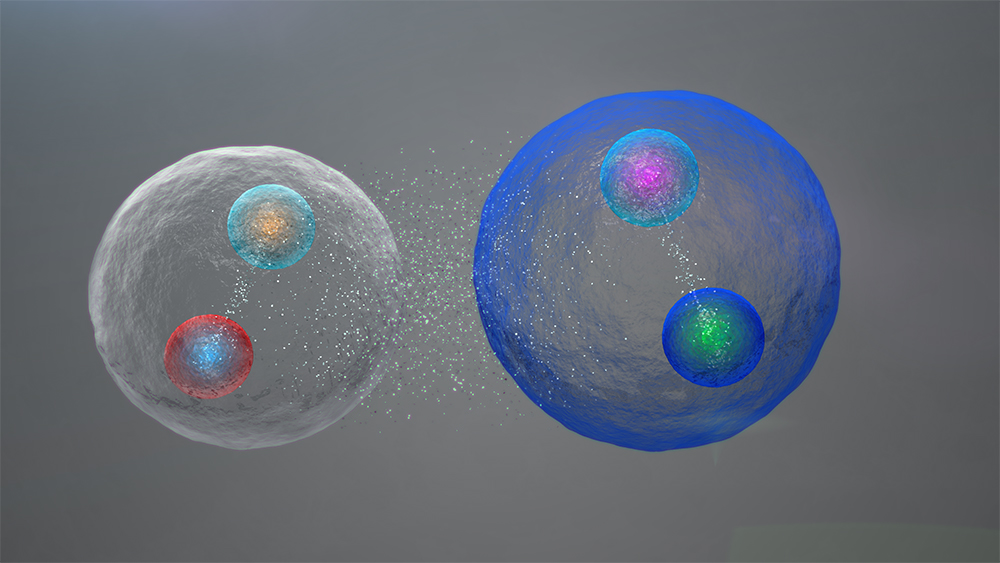Most of us are addicted to social media. Either we are on Facebook or Instagram for more than an hour every day. We think that makes us happier, bringing us closer to the people we like or follow. However, the reality is not what it seems – according to recent research published in the Journal of Happiness Studies.
Researchers at the Faculty of Arts and Social Sciences at the University of British Columbia have found out that social media is impacting the overall well being of people. And the real culprit is not social media itself. It’s how exactly we use social media.
Passively scrolling through Facebook/Instagram posts makes one unhappy
The Covid pandemic has brought us all much closer together, online. And the time we spend on Facebook/Instagram has more than doubled. While everyone posts their happiest moments on social media, it leads us to a situation that the researchers call “social comparison”. Where we end up scrolling through the feeds infinitely and comparing ourselves with the happier-self portrayed by others.

This passive use and scrolling through others’ posts without a real person-to-person interaction — is what makes us unhappy, the researchers have found out. The comparisons we make in our own minds are consciously / sub-consciously painful and reduce our self-esteem. And increases the feeling of loneliness, where the feed constantly reminds us of the missed opportunities to meet in person.
How do we avoid this trap of social media?
Just by changing our passive online behavior to a more interactive active role where we don’t endlessly scroll through the feed but have dialogs instead. And by following up on social media dialogs with real in-person meetings and experiences.
“If we all remember to do that, the negative impact of social media use could be reduced—and social networks sites could even have the potential to improve our well-being and happiness,” the researchers added.





Leave a Reply